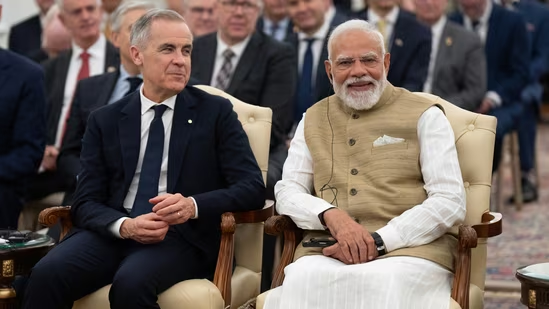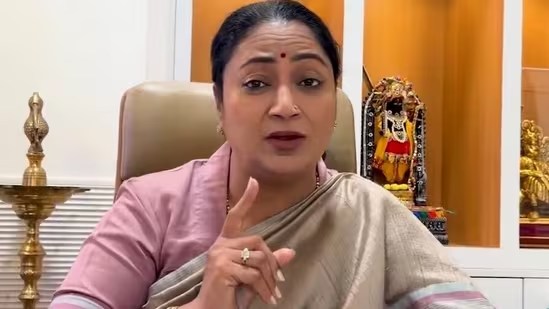In Short
- Mumbai woman wins ITAT case on LTCG tax for flats gifted by husband
- Reinvested gains in husband’s flat, claimed exemption under Section 54
- ITAT rules that property transfer between spouses is valid for tax exemption
Do you have doubts regarding family property transfers and long-term capital gain (LTCG) taxation?
This case might serve as an eye-opener. A Mumbai-based woman has successfully won a legal battle at the Income Tax Appellate Tribunal (ITAT), which ruled she was not liable to pay income tax after selling two flats worth Rs 6 crore that were gifted to her by her husband, reported The Economic Times.
The case has drawn wide attention for its implications on capital gains tax in cases of spousal property transfers.
HOUSES SOLD, REINVESTED IN HUSBAND’S FLAT
The woman sold two residential properties in 2020, which were originally bought by her husband in 2002 for Rs 34 lakh and Rs 17 lakh. The total sale value reached Rs 6 crore. She then reinvested the capital gains into another residential property, a Lodha apartment in Mumbai that was registered in her husband’s name.
The Income Tax Department raised objections, arguing that the transaction appeared to be a roundabout way to avoid taxes.
They questioned whether the reinvestment in her husband’s house qualified for the capital gains exemption under Section 54 of the Income Tax Act. However, ITAT Mumbai ruled in her favour.
The tribunal confirmed that the transfer of property from husband to wife was legally valid and properly documented. The reinvestment of the capital gains into a residential property met the conditions for claiming the exemption, even though the transaction was between close family members.
LEGAL PRECEDENT CLARIFIED BY TRIBUNAL
The ITAT decision reaffirms that capital gains exemptions under Section 54 are available even when the sold property is received as a gift, provided the taxpayer adheres to the rules regarding reinvestment and documentation.
According to the tribunal’s findings, the woman had declared long-term capital gains of Rs 4.08 crore after applying inflation indexation.
She used the entire amount to purchase a share in the new flat, meeting the reinvestment conditions under Section 54. The tribunal stated that the transaction, though between spouses, was genuine and lawful, making her fully eligible for the exemption.
Legal experts believe this judgment will help clarify confusion for taxpayers involved in family property transfers. As reported by The Economic Times, the tribunal emphasised that there was no evidence of tax evasion or misuse, and the woman had lawfully followed the provisions of the Income Tax Act.
This case sets a significant precedent, highlighting that tax exemptions cannot be denied simply due to the familial nature of a transaction, as long as legal formalities are properly followed.































